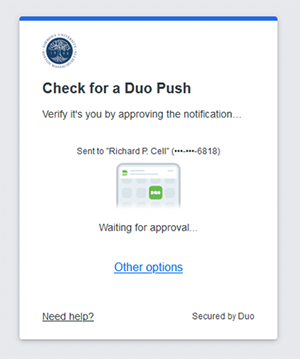Phishing and social engineering campaigns are the #1 source of ransomware and other malware[1].
Phishing is a type of cybersecurity attack where malicious actors send messages pretending to be a trusted person. Social Engineering is the psychological manipulation of people into performing actions like installing malicious software, clicking a malicious link, or divulging sensitive information.
Reduce your chances of your falling victim to phishing attacks!
Beware of messages that:
- Do not clearly identify themselves or their company
- Come from an email address that does not match the company’s domain
- Do not give full contact information such as the title of sender, the company’s physical address, or phone number
- Make too good to be true offers with no strings attached
- Ask to pay an upfront fee or asks you to transfer money for them
- Ask to give your credit card or bank account numbers
- Ask to send copies of personal documents
- Remember: DO NOT provide any personal information, especially Social Security numbers or financial information. Legitimate companies would not ask for this information over the phone or email.
If an email looks suspicious, do not respond and do not click on any links or attachments. When available, “Report phishing” to block other suspicious emails.
[1] 2021 Verizon Data Breach Investigations Report (DBIR)



 Nearly 20 million students in the US are expected to attend universities this fall.
Nearly 20 million students in the US are expected to attend universities this fall.